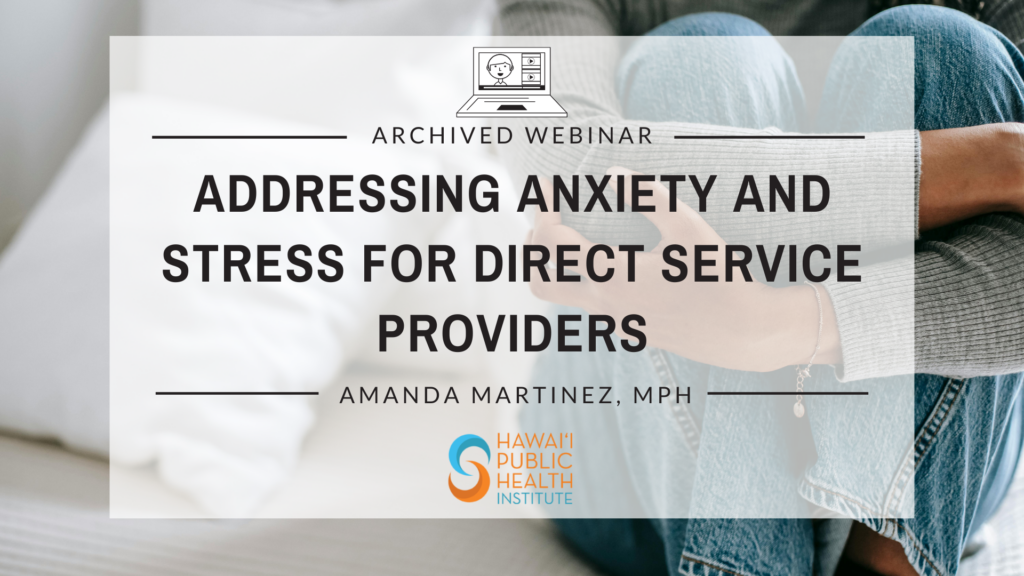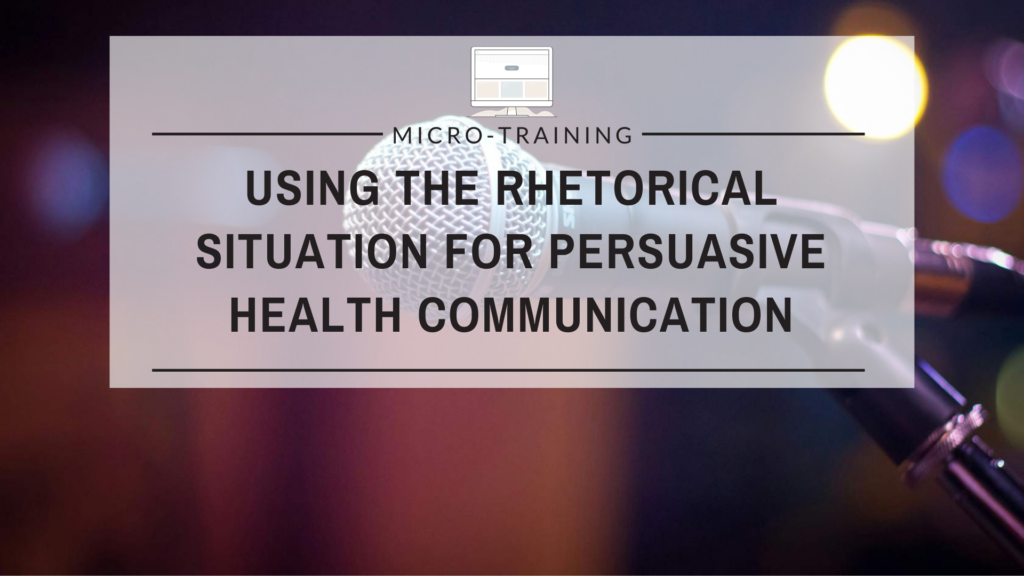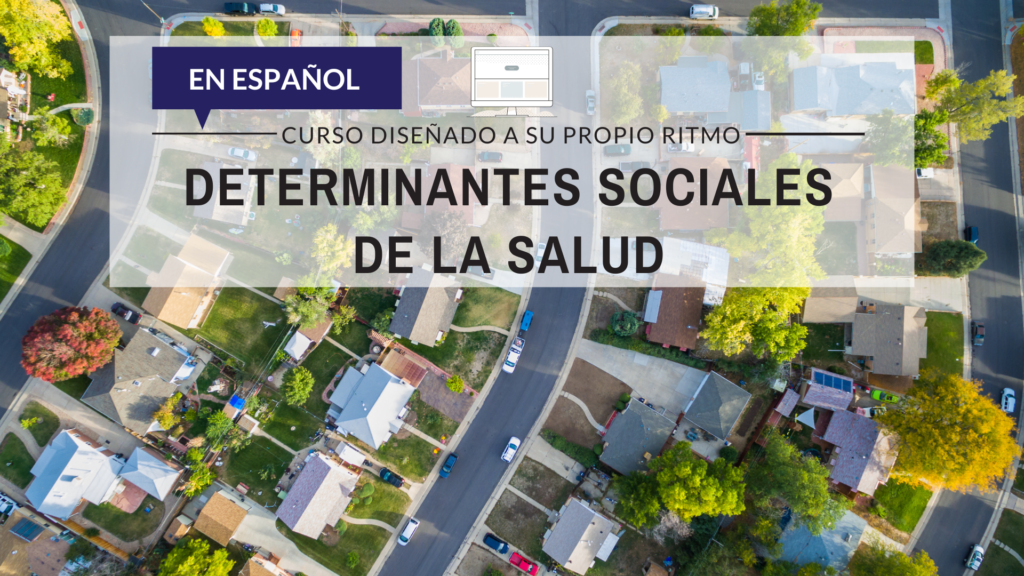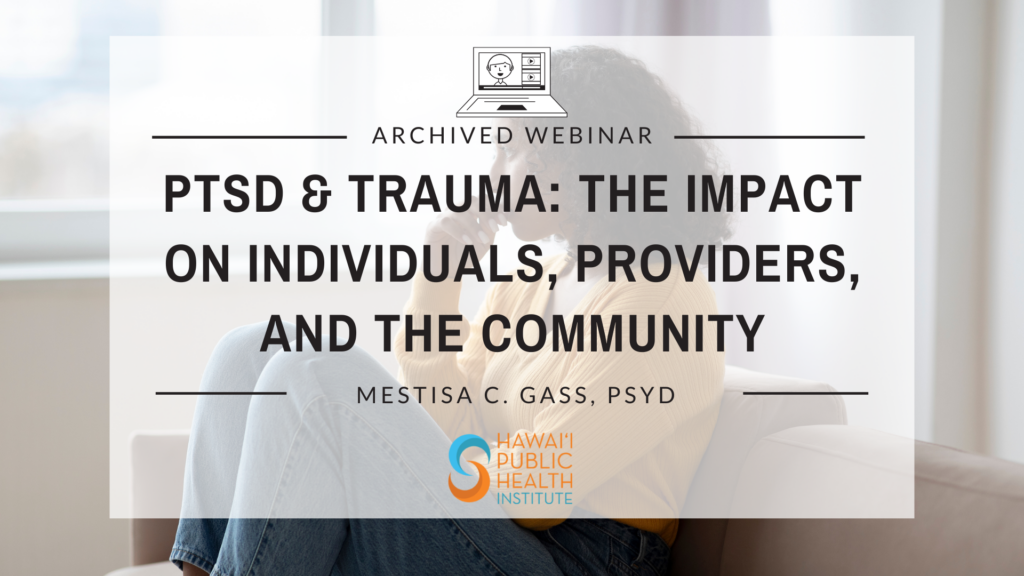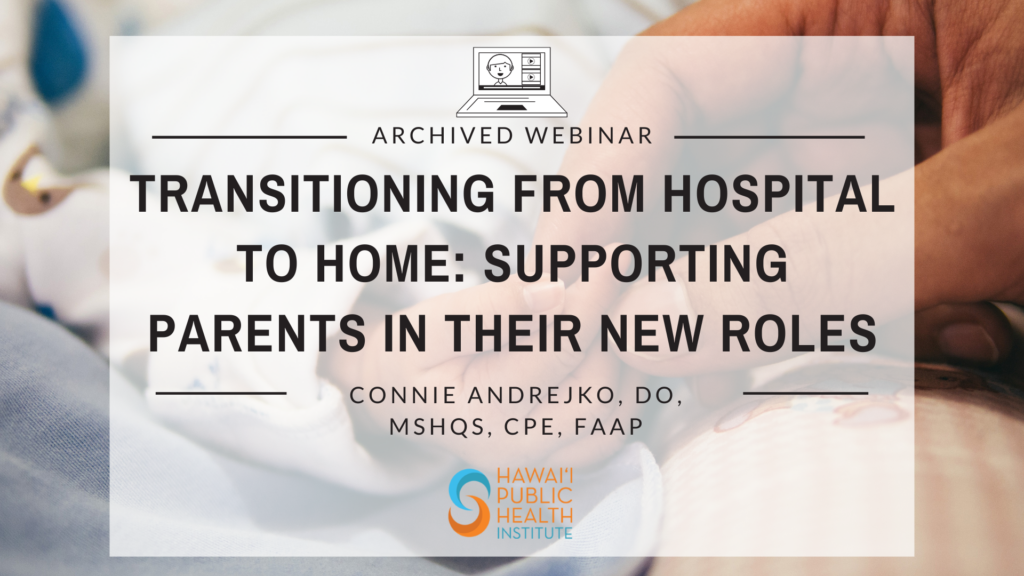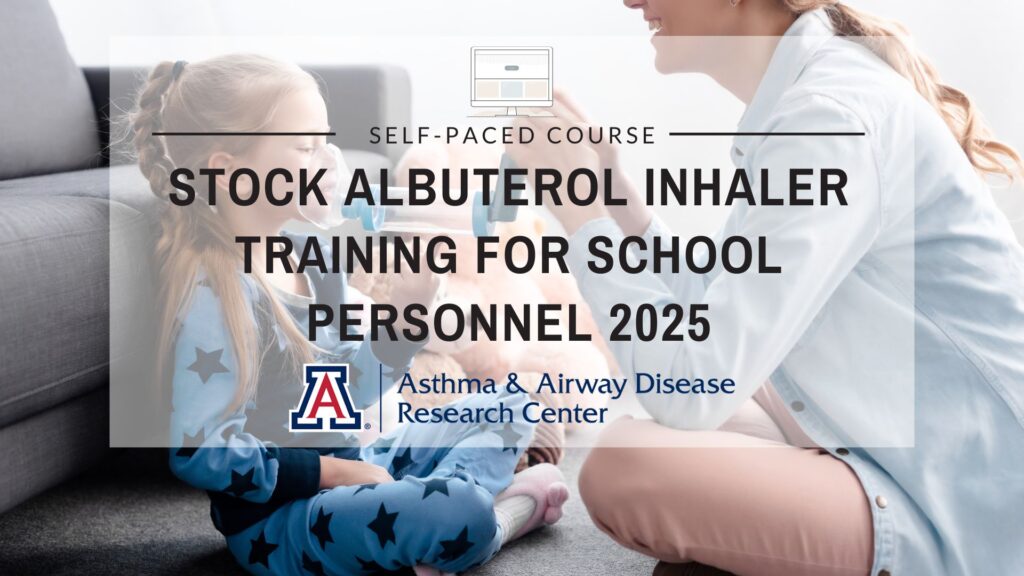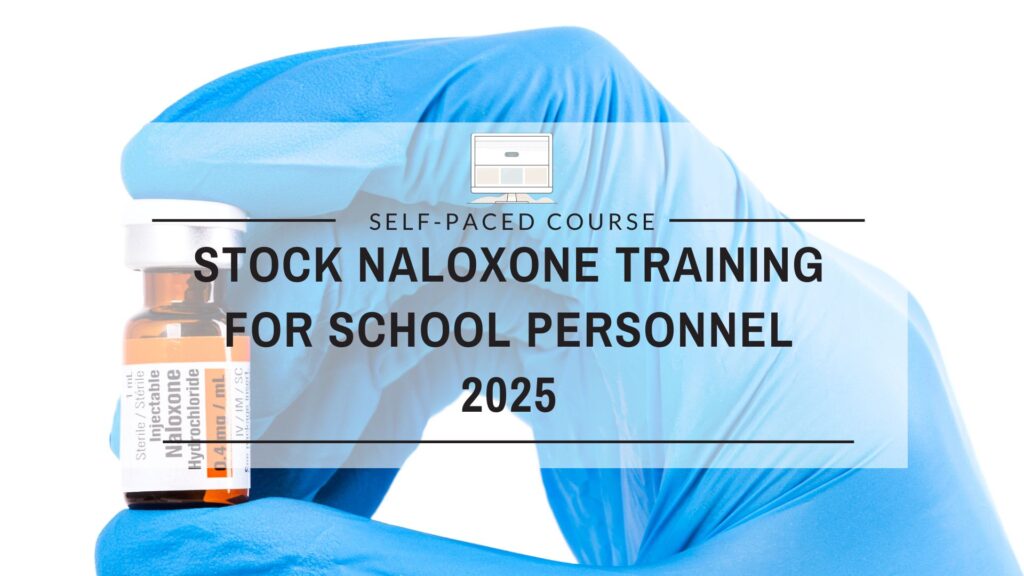The presentation will address the issues of direct service provider burnout, compassion fatigue, lack of self-care, etc. as shown in various data and research made available to the public. It discusses the negative effects of stress and anxiety, identifies healthy ways for direct service providers to address anxiety, reviews warning signs, and outlines community resources.
Learning Objectives:
By the end of this training learners will be able to:
- Identify factors that increase anxiety and stress.
- Identify self-care and coping skills to address anxiety.
- Have awareness of crisis resources available to the community.
Format: Recorded webinar (recorded on 8/21/2025)
Duration: 90 minutes
Presenter: Amanda Martinez, MPH; Mental Health America of Hawai'i
Target Audience: Public Health Professionals and healthcare workers including community health workers, doctors, nurses, social workers, dietitians, and health educators.
Disclosures: The planners, reviewers, and authors have no declared conflicts of interest.
CE Available for Recording:
- Continuing Education Contact Hours for Certified Health Education Specialists (CHES): This program is designated for Certified Health Education Specialists (CHES®) and/or Master Certified Health Education Specialists (MCHES®) to receive up to 1.5 total Category I continuing education contact hours (1.5 Continuing Competency Credits). WRPHTC provider number 99036.

The WRPHTC is a Designated Multiple Event Provider of Continuing Education Contact Hours (CECH) for Certified Health Education Specialists (CHES) through the National Commission for Health Education Credentialing, Inc.


